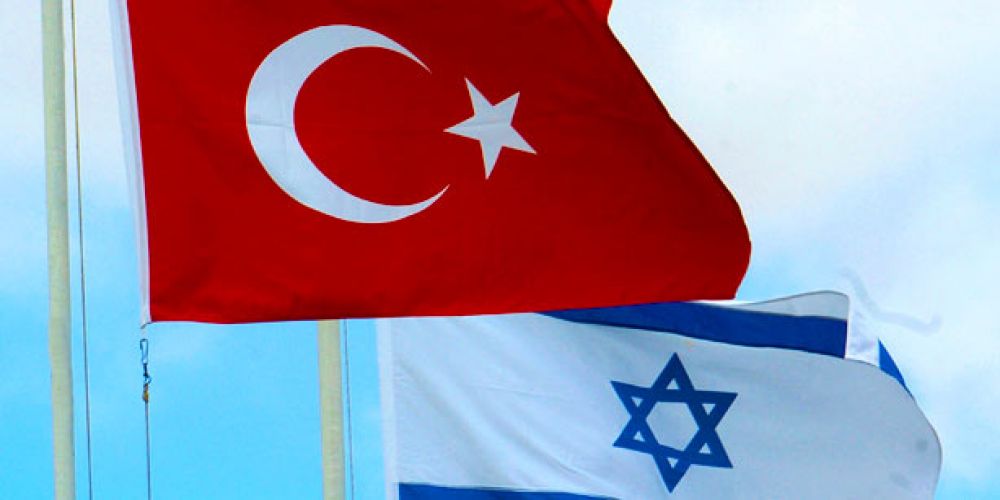
Hunger-striking Palestinian prisoners Malik al-Qadi and brothers Muhammad and Mahmoud Balboul ended their hunger strikes on Wednesday, which they began in July in protest of being held by Israel without charge, following a decision by Israeli authorities not to extend their administrative detention sentences.
who have been on hunger strike for three months an agreement with Israeli authorities to end their illegal administrative detention. The Palestinian committee for prisoners’ affairs affirmed today that the three prisoners decided to end their hunger strike after Israeli authorities agreed not to renew their administrative detention.
According to the agreement, al-Qadi will be released on Thursday while the Balboul brothers will be released on December 8, 2016 after ending their administrative detention term.

Muhammad Balboul, 26, had refused food for 77 days since July 7, while his 23-year-old brother Mahmoud had been on hunger strike 79 days since July 5, and 25-year-old Malik al-Qadi declared his hunger strike on July 16, spending 68 days without food.
Head of the Palestinian Committee for Prisoners’ Affairs Issa Qaraqe said in a statement that Muhammad and Mahmoud al-Balboul were set to be released on Dec. 8, while Malik al-Qadi would be released on Sep. 22, and that all three of their administrative detentions would not be renewed.
Qaraqe attributed the success to the efforts of Palestinian President Mahmoud Abbas, the Palestinian people and their leadership, in addition to national, regional, and international human rights organizations and national organizations involved in the ongoing campaign to pressure Israel to release the three prisoners.
The three prisoners also thanked the scores of prisoners who supported them by launching temporary hunger strikes in solidarity.
The Balboul and al-Qadi families also extended their gratitude to everyone who supported their sons in their struggle against administrative detention, and wished freedom to all Palestinian political prisoners, according to Qaraqe’s statement.
Qaraqe added that a celebratory event would be taking place at Manger Square in the southern occupied West Bank city of Bethlehem at 5 p.m. on Wednesday calling upon Palestinians to take part in the event.
Earlier this month, an Israeli court temporarily suspended al-Qadi’s administrative detention, just one day following the suspension of the Balboul brothers’ detentions. In all three cases, the courts said the sentences would be suspended until their health conditions improved.
However, all three prisoners steadfastly committed to their hunger strikes until they were completely released from administrative detention.
Amid the suspension of their detentions, the hunger strikers were allowed visitation by their family members in the hospital where they were each being treated in critical condition, as videos circulated throughout social media of the Balbouls speaking with and ultimately reuniting with their mother.
Meanwhile, al-Qadi had slipped into a coma, with the committee saying that his health condition was the most severe of any hunger-striking Palestinian prisoner since 2011.
The lawyers had also said that each of the hunger strikers have all suffered from heart seizures, asthma, and body spasms, in addition to losing their ability to speak and hear.
The three had initially launched their hunger strikes more than 67 days ago amid a mass movement across Israeli prisons in solidarity with hunger-striking prisoner Bilal Kayid, who after 71 days suspended his hunger strike after striking a deal with Israel to end his administrative detention sentence. He was reportedly set to be released on Dec. 12.
Kayid was one of the most high-profile hunger strikers since Palestinian journalist Muhammad al-Qiq came near death during a 94-day hunger strike protesting his administrative detention order, before he was finally released in May.
Rights groups have claimed that Israel’s administrative detention policy, which allows detention for three- to six-month renewable intervals based on undisclosed evidence, has been used as an attempt to disrupt Palestinian political processes, notably targeting Palestinian politicians, activists, students, and journalists.
Although Israeli authorities claim the withholding of evidence during administrative detention is essential for state security concerns, rights groups have instead claimed the policy allows Israeli authorities to hold Palestinians for an indefinite period of time without showing any evidence that could justify their detentions.
According to Addameer, as of August, 7,000 Palestinians were being held in Israeli prisons, 700 of whom were being held under administrative detention.



